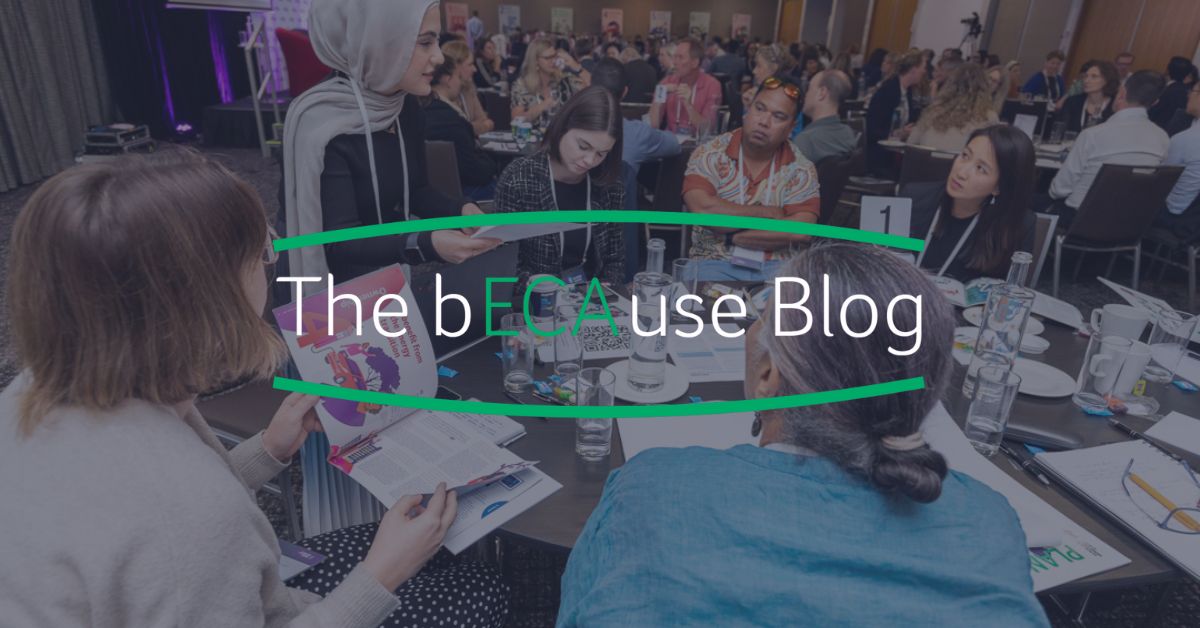From the CEO
Travelling internationally provides an opportunity to gain knowledge and insights through engaging with people who are navigating the energy system transition in their own country, and always deepens my perspective on Australia’s energy transition.
This past week I have been in Aotearoa New Zealand, my first international trip since 2019.
My main reason for being here was to exchange ideas with the Consumer Advocacy Council, our counterpart in Aotearoa. Despite only having been established in 2020, as an independent Ministerial Advisory Committee with a small Secretariat, they are already making a difference in bringing the experience of households and small businesses into reform, policy, and regulatory processes.
The Consumer Advocacy Council now joins Energy Consumers Australia and Ofgem in the United Kingdom in regularly undertaking surveys and reporting on what consumers what consumers are thinking, saying, and doing in their electricity (and gas) markets.
Most of you will be familiar with the metrics that we regularly report from our Energy Consumer Sentiment Survey, which we started in 2016. We are currently in the field with our next survey, which takes place not long after households and small businesses were informed about the significant increases in default offers from 1 July 2023 – ranging from 20% to 30%.
In our last survey, which we reported on in December 2022, when there had already been double digit price increases in many jurisdictions in the previous 6 months, the results for value for money of electricity and trust had fallen significantly. With prices again on the rise, households and small businesses consistently report that their first concern is affordability. In December 2022, 49% report that affordability is their number one concern and an overwhelming majority are concerned that energy will become unaffordable for them (52%) or for others (73%).
In the United Kingdom, the Office of Gas and Electricity Markets (Ofgem) has undertaken a tracking survey, Consumer Impacts of Market Conditions, in March and July 2022. This follows their earlier Consumer Perceptions surveys that they undertook with Citizens Advice throughout 2021 and 2022. Affordability is seen as the biggest worry for energy supply. Consumers are more worried about their energy supply being affected because they can’t afford it (41%) than they are because of supplier issues (e.g. 31% are worried they might be cut off due to supplier failure).
In Aotearoa, the Consumer Advocacy Council recently reported the findings of their first survey that was undertaken over two weeks in November and December 2022. The New Zealand Small Consumer Sentiment Survey 2022 found that small electricity consumers rank affordable electricity and a resilient network as their most important concerns.
When thinking about affordability:
- 80% of residential consumers and 86% of small businesses believe electricity needs to be affordable for all New Zealanders;
- 69% of residential consumers and 57% of small businesses are concerned electricity will become unaffordable for some over the next 10 years; and
- 52% of residents and 39% of small businesses worry electricity will be unaffordable for them over the next 10 years.
With regards to resilience:
- 74% of residents and 84% of small businesses say ensuring the electricity system is resilient to extreme weather events is important; and
- 57% of residents and 59% of small businesses are concerned the system will not be resilient to power outages caused by storm events over the next 10 years.
It is clear that consumers in Aotearoa, as they do in Australia, value both affordability and quality (resilience and reliability). The traditional view of economic regulators about assessing the trade-off between price and quality in an electricity system that is in a steady state, makes no sense to consumers whose experience of the energy transition is steeply rising prices and falling reliability.
The topics of hardship, affordability ,and resilience were all canvassed at a consumer roundtable, convened by the Consumer Advocacy Council where I was a guest, and in meetings with the Commerce Commission and Electricity Authority that I attended with Deborah Hart, Chair of the Consumer Advocacy Council and Emma Sturmfels from the Secretariat.
The conversation at the roundtable – attended by representatives from the Citizens Advice Bureau, Community Law, Consumer NZ and FinCap (represented by our colleague Jake Lilley formerly at Consumer Action Law Centre in Australia) – shared experiences in both countries with the inadequacy of policies to address hardship both in inability to pay and losing supply, whether that’s through pre-payment arrangements or disconnections. The extent to which poor quality housing is a root cause of unaffordable energy bills was also recognised. Mandatory rules to make disconnection a last resort, support for trusted and independent advice and the poor outcomes for pre-payment customers have all been included in the 5 key focus areas of the Energy Hardship Expert Panel in their Discussion Paper which is out for consultation until 28 April 2023.
Consumer protections is one of the focus areas of the Energy Hardship Expert Panel, and in particular the Electricity Authority’s Consumer Care Guidelines that were introduced from 1 July 2021 in response to a recommendation of the Electricity Price Review. Their effectiveness was discussed at the roundtable and in the meeting with the Electricity Authority, given that the guidelines are voluntary and compliance is monitored by the Electricity Authority through a self-reporting model. Consumer NZ, Consumer Advocacy Council and the Energy Hardship Expert Panel are all calling for these guidelines to be mandatory and compliance enforced. We offered to share lessons in Australia, including insights into the needs of small business as well as households for universal and better standards of customer service.
I also had the opportunity to meet with two of the electricity (and gas) distribution companies that serve customers on the North Island to learn more about their community engagement and the challenges facing them, particularly in building greater resilience in the face of climate change and extreme weather events. I greatly appreciated the time I spent with Stuart Dickson, General Manager Customer at Powerco and Simon Mackenzie CEO at Vector, and his Executive Team. Mark Toner (Chief Public Policy and Regulatory Officer, Vector) and I were able to also take time to record a conversation about the energy transformation and challenges.
In these meetings I shared my observation that consumers in Australia are facing rising prices, and more outages due to extreme weather, so the traditional relationship of sacrificing reliability to constrain price increases no longer holds. Australian consumers are telling us in our research that they expect that the energy transformation built on renewable generation to deliver the reliability they expect, at prices they can afford.
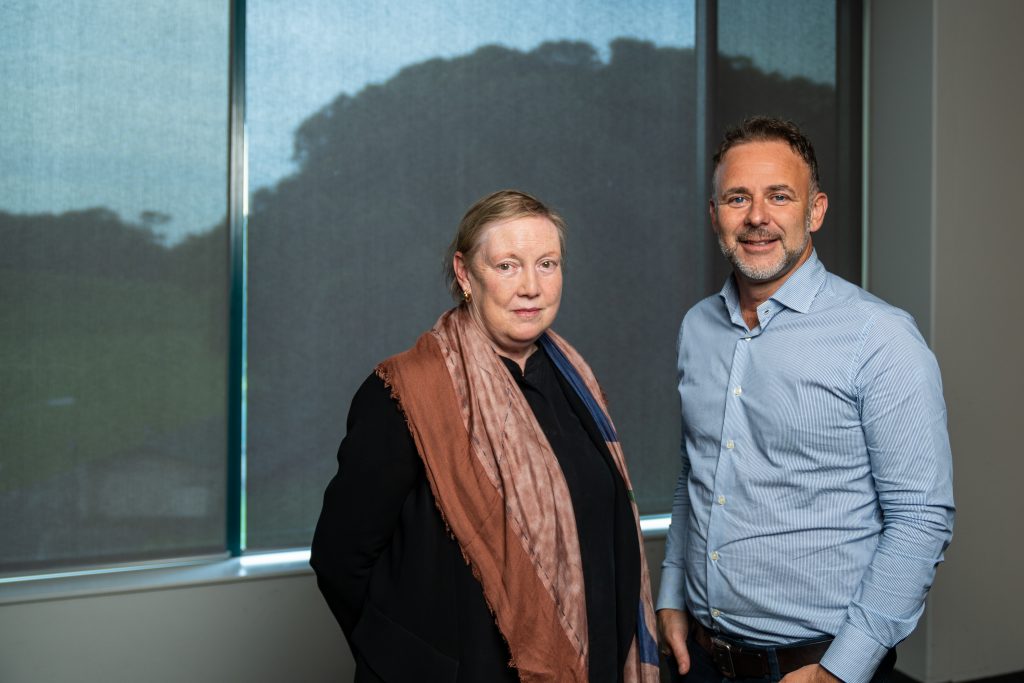
What struck me in the conversations about resilience is how the recent experience in New Zealand of severe weather events that severely damaged the electricity distribution infrastructure and communities, is currently focussing on regulation of trees (vegetation) management and additional network expenditure. While the immediacy of the effects of the cyclone makes this focus on infrastructure understandable, there is a broader framing that also needs to be explored which is how homes, businesses and communities can be more adaptable and resilient in the face of climate change, with more weather extremes and severe events. Prevention of outages may not be achievable at an affordable cost, so the ability of the community to remain socially connected, sustain reliable and accessible essential infrastructure to foster community recovery, and adapt and transform its surroundings in ways that enhance their capabilities in the face of future events has to be given equal policy focus.
That is why our collaboration grant “(Em)powering communities on their journey to energy resilience” with UTS Institute for Sustainable Futures is exploring, through deep community engagement across Australia, current best practices, challenges, and lessons learned around community energy resilience. A guidebook addressing energy resilience from a practical perspective will be developed, encouraging communities to discuss and consider what energy resilience means for them, why it matters, and which steps can be taken to improve community energy resilience. This will assist communities in articulating their needs and expectations on resilience with electricity distribution networks and other critical infrastructure providers, creating a shared language that will help ensure consumer and, more broadly, community perspectives are central to discussions and investment plans about energy resilience.
In the short time I have been here, I have been impressed with how the Consumer Advocacy Council is effectively using evidence and speaking up for the interests of households and small businesses to get the quality of electricity service they need and can afford. As part of their mission, they are working with other public interest groups who are already stretched in addressing consumer issues across the board, and not just electricity and gas market outcomes.
Energy Consumers Australia is fortunate in that we are “built in” to the governance arrangements in Australia in ways that support our independence and resourcing, to be the national voice for households and small businesses in the energy system and to support advocacy and research. At this stage, the Consumer Advocacy Council operates as a Ministerial Advisory Committee. We hope that at some not too distant point the future of the Consumer Advocacy Council can be secured in a similar way, for the benefit of small customers and the other advocacy organisations that are working on their behalf.

Lynne Gallagher
Chief Executive Officer
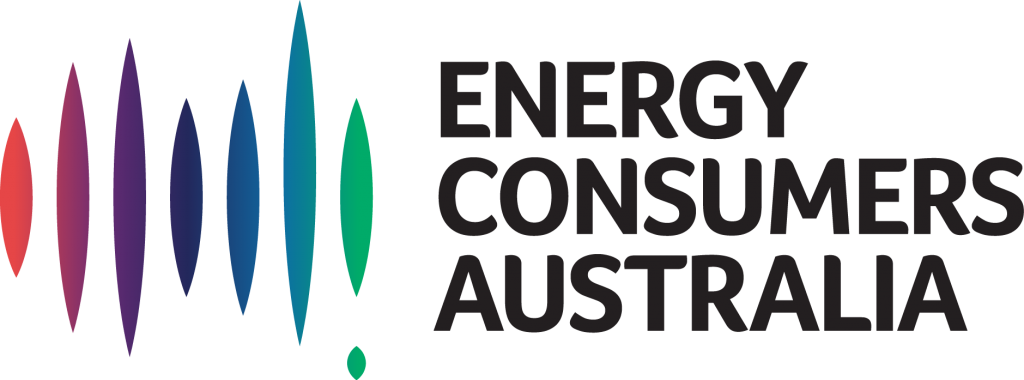
JUST LAUNCHED: Podcast

Find it hard to keep up to date on energy innovations in Australia and abroad? Keen to hear directly from a diversity of voices on how we should shape our energy system?
We’ve just launched a brand new podcast to explore the energy transition through the lens of the people who are driving change, pushing boundaries, and navigating the next frontiers.
Whether you’re an industry veteran, or simply keen to learn more about our energy system, Watts Next? is for you. Join us as we unpack some of energy’s wicked problems and discuss what needs to happen to create the energy future that Australians want and need.
Listen to the first episode with Paul Jordan from Energy Systems Catapult and our CEO, Lynne Gallagher, where they draw on the experience of the UK to discuss the radical innovations and changes we’ll require in Australia’s energy system to meet consumers’ needs.
You can find Watts Next? on Spotify, Apple Music, or your favourite podcast app. Follow us so you never miss an episode.
From the Grants Team
Influence Grants: Closing Soon

If you have an energy research or advocacy initiative in need of funding, we want to hear from you. Your project must aim to shift energy market practices and behaviours to deliver better outcomes for consumers in Australia.
Our next round of Influence Grants is closing shortly (Friday 28 April), but it’s not too late to get an application in.
Spotlight on Grant Recipient: Climateworks

Last week, Climateworks presented the early findings of their ground-breaking research, Renovation Pathways, to the Treasurer’s Investor Roundtable. Australia’s housing stock is in dire need of extensive energy performance upgrades – energy inefficient homes cause higher power bills, and impact people’s health and wellbeing. Our research found that people understand the value of energy efficient homes but need help to upgrade.
Renovation Pathways will provide much-needed data on the scale, cost, and opportunities of upgrading the energy efficiency of Australian housing. Preliminary analysis found that the average home is likely to save more on energy bills than the cost of upgrading the energy performance of their homes. The societal benefit is higher again, making it sensible to provide people with assistance to take action.
We are pleased to partner with Climateworks and others on this important research through an ECA Collaboration Grant.
Winter Renter Researcher Applications Open

Are you a renter? Better Renting’s citizen science project, Renter Researchers, is seeking renters to gather data that can be used to advocate for minimum energy efficiency standards for rental homes. Renters will be sent a temperature tracker to measure the indoor temperature of their home over winter. Applications close Wednesday 10 May. ECA supports this project through our Grants Program.
Submissions
Rising Electricity Prices
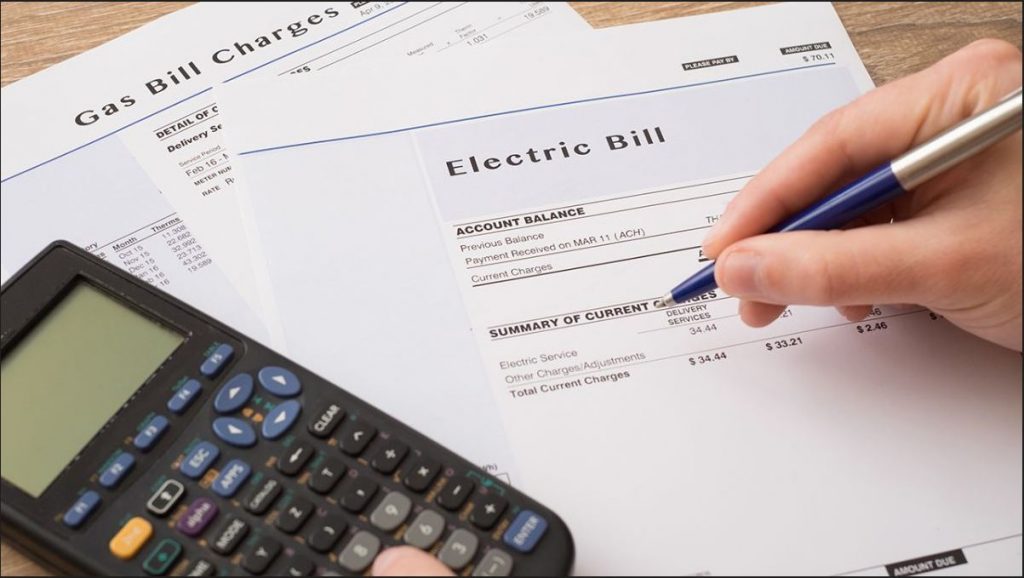
With electricity prices soaring, it’s vital that consumers are protected from unjustifiably high increases. Projected energy price hikes of over 20% in NSW, South Australia and SE Queensland, and 30% in Victoria will be hard to absorb for consumers who are already struggling.
Both the Default Market Offer and Victorian Default Offer play an important role in protecting consumers. That’s why we put forward submissions to the Australian Energy Regulator (AER) and Essential Services Commission (ESC) on both mechanisms. You can read our submission to the AER here and to the ESC here.
Flexible Trading Arrangements
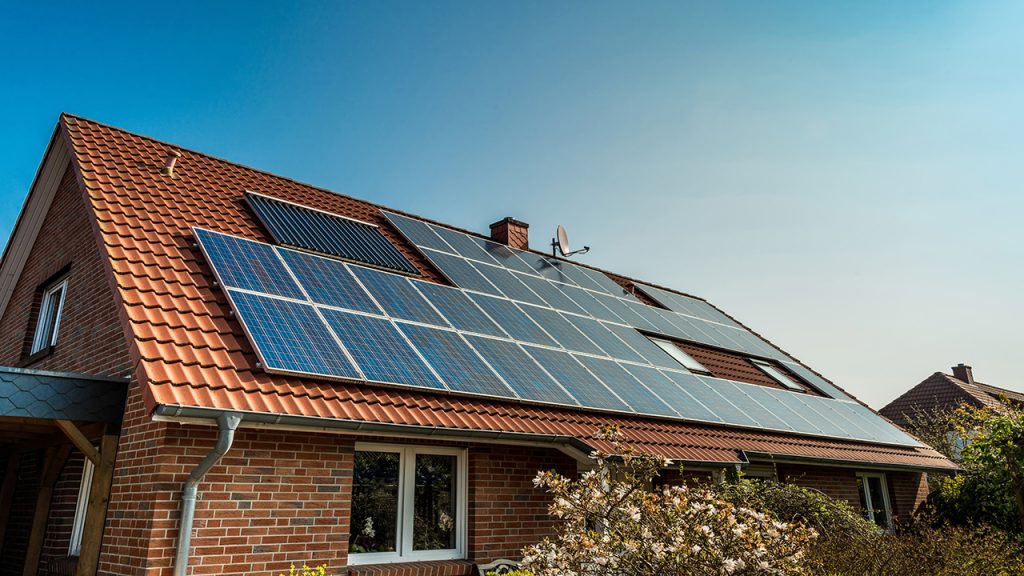
We also recently commented on the proposed flexible trading arrangement rule change by the Australian Energy Market Commission, considering whether this will increase the value of Consumer Energy Resources, like rooftop solar, batteries, and electric cars, for consumers and the system overall. We engaged Baringa to assess the benefits of the Commission’s proposal from a consumer perspective. Read the full submission and the report from Baringa here.
Energy Sector Updates
New Energy Tech Consumer Code
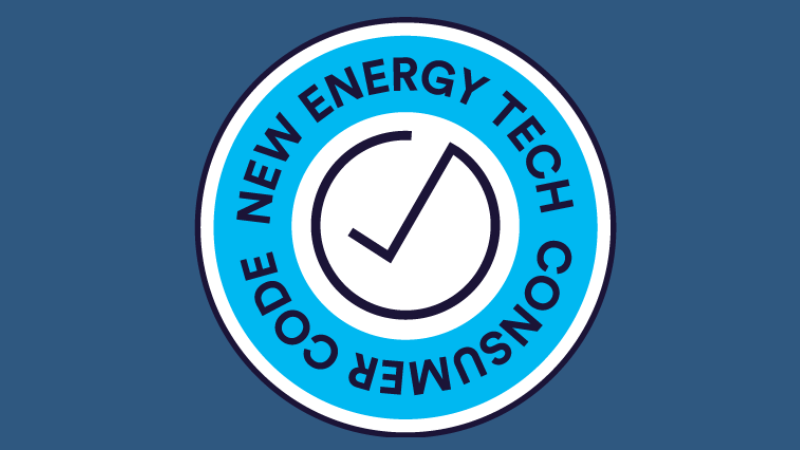
Consumers tell us that navigating new energy technologies can be complicated, especially if they don’t understand the protections available to them. The New Energy Tech Consumer Code (NETCC) is a set of standards designed to protect consumers when purchasing new energy tech.
Today, Solar Victoria decided to require solar and battery retailers to be signatories to the NETCC. We support this decision as it means Victorian consumers will be protected by minimum standards of service throughout the process of buying, installing, and using new energy devices.
AI Powering Energy Efficient Homes
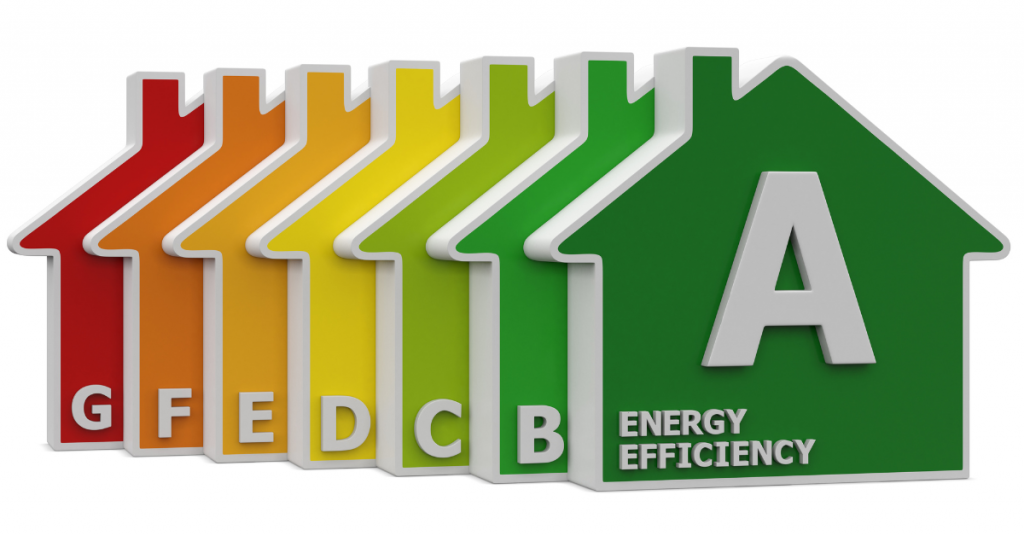
We welcome last week’s announcement by Senator McAllister of the RapidRate pilot, trialling a new artificial intelligence system to estimate the energy efficiency of Australian homes. We currently don’t have a good understanding of the energy efficiency of existing homes. This is a problem for people buying or renting homes as well as for policymakers.
Rating tools like RapidRate will help address that evidence gap, helping homeowners to better measure and improve the energy efficiency of their homes. We strongly support policies that disclose the energy performance of a home when sold or leased to ensure people know the likely energy bills. Robust rating tools, that are accessible to all types of homes and provide accurate energy efficiency information, are critical to achieving this outcome.
Australia 2023: Energy Policy Review
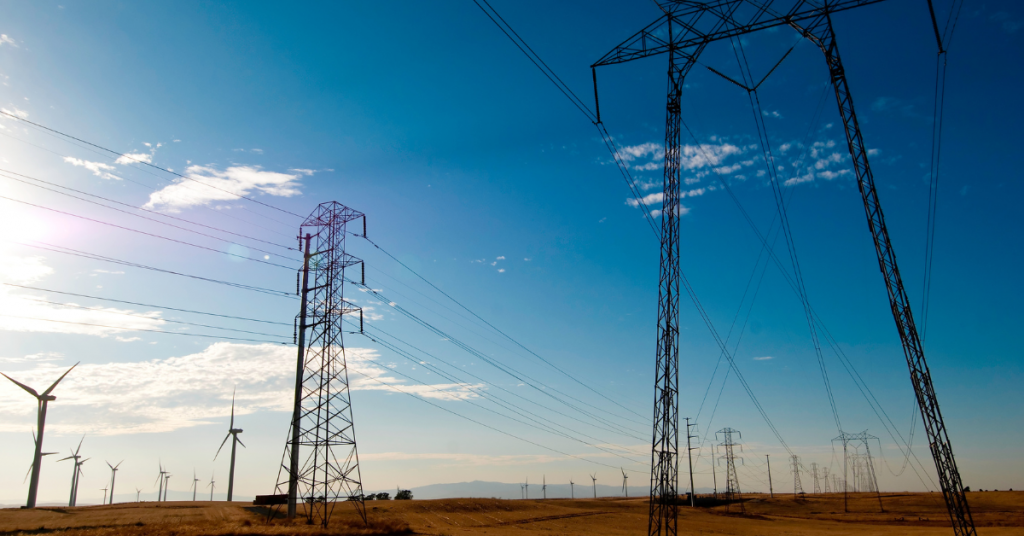
We appreciated the opportunity to be part of the International Energy Agency (IEA) country review of Australia for 2023. This report provides an in-depth review of Australia’s energy policies and provides a range of recommendations to help Australia effectively manage the transformation of its energy sector.
Australian Energy Week

We are proud to support Australian Energy Week, taking place in Melbourne from 19-22 June 2023.
Join our CEO, Lynne Gallagher, in a panel discussion on ‘How can the retailing sector manage the growing number of consumers unable to pay their bills?’ in the Future Retail stream. To take part, register with the code ‘ECA10’ to save 10% off the ticket price.
March Board Communique

The Board met in Canberra in March to meet key stakeholders and to understand the pathways to renewable energy being supported by local innovation.
The Board also focused on several governance and operational matters.


